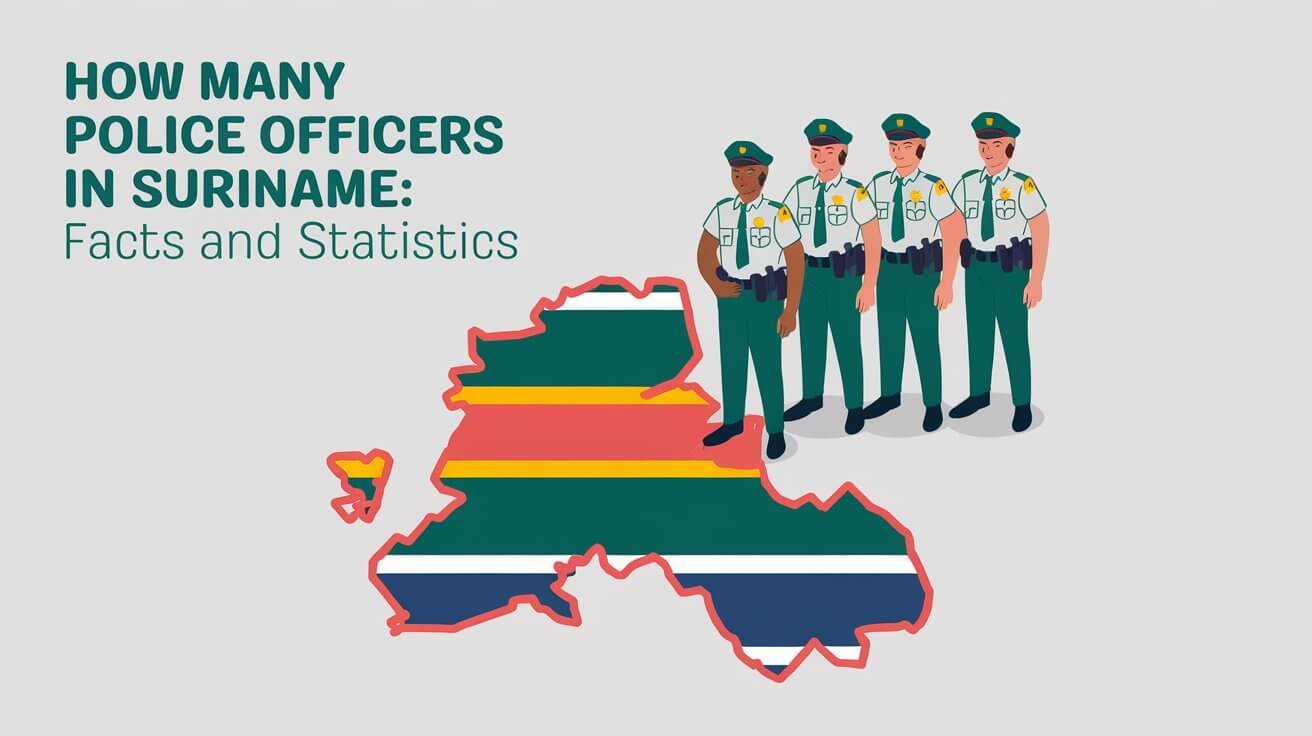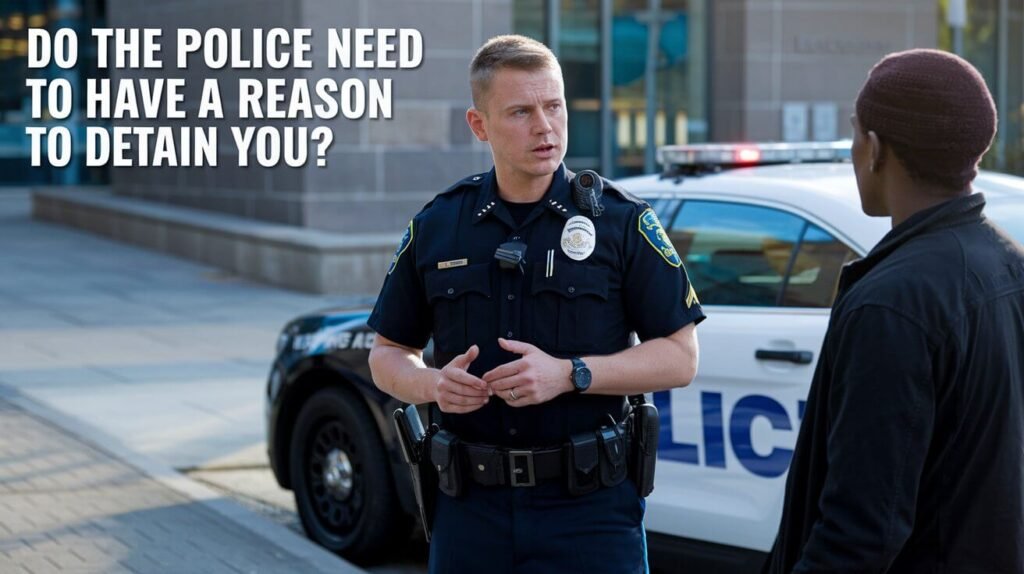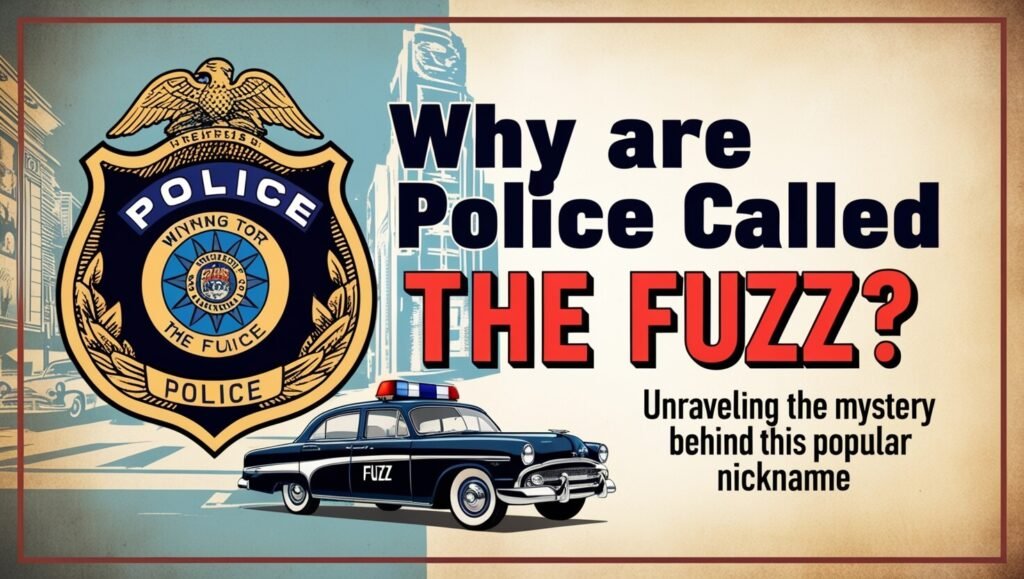So here we are, diving into a question that might have popped up in your mind at some point—why are the police called 12? Now, this phrase might sound a little quirky, but trust me, it’s got a rich history and some fascinating stories behind it. If you've ever wondered why people refer to cops as "12," buckle up because we’re about to unravel the mystery. This term has deep roots in law enforcement culture, and by the end of this article, you'll have all the answers you need.
Before we dive deeper, let’s establish why this topic is important. Understanding slang terms like "12" can give you insight into how law enforcement is perceived in popular culture and even in real-world scenarios. It’s not just about knowing the term; it’s about appreciating the context and history that surrounds it. Whether you're a curious civilian or someone interested in law enforcement, this article will provide you with the knowledge you’re looking for.
And hey, don’t worry if you’ve never heard of this term before. By the time you finish reading, you’ll be well-versed in its origins, usage, and significance. So, without further ado, let’s get started and explore why the police are sometimes referred to as "12." Ready to roll?
Read also:Demond Wilson The Journey Of A Remarkable Talent
Table of Contents
The History Behind "12" and Its Usage
Law Enforcement's Role in Popularizing the Term
Where Does the Slang Come From?
Legal Implications of the Term
Read also:Phil Hartman Children Today A Heartfelt Journey Through Legacy And Continuation
Common Misconceptions About "12"
Building Trust Around the Term
Conclusion: Why Understanding "12" Matters
The History Behind "12" and Its Usage
So, let’s rewind the clock and figure out where it all began. The term "12" as a reference to law enforcement has been around for decades, and its origins trace back to the early days of radio communication. In the early 1900s, police departments started using two-way radios to communicate with officers on the street. One of the most common codes used during this time was "10-12," which was a signal for officers to stand by or wait. Over time, people started shortening it to just "12," and the term stuck.
Interestingly, the use of "12" wasn’t limited to police officers. It also made its way into the slang of everyday people, especially in communities where law enforcement presence was more noticeable. The term became a shorthand way of referring to the police without explicitly saying "cops" or "officers." It was a way to communicate discreetly, especially in situations where people didn’t want to draw attention to themselves.
By the mid-20th century, "12" had become a widely recognized term, not just in law enforcement circles but also in popular culture. Movies, music, and even everyday conversations started incorporating the phrase, cementing its place in the English language. But how exactly did it evolve into such a common term? Let’s dig deeper into that next.
Law Enforcement's Role in Popularizing the Term
Now, here’s the thing: law enforcement agencies didn’t intentionally create the term "12" to refer to themselves. Instead, it was more of an organic development that arose from their communication systems. The use of "10-12" in police radios was a practical way to streamline communication, and as with many things, the public picked up on it and ran with it.
Over time, law enforcement officers themselves started using the term casually, both among themselves and when interacting with the public. Some departments even embraced it as a sort of unofficial nickname, recognizing its widespread use. However, it’s worth noting that not all officers are fans of the term. For some, it carries negative connotations, especially in communities where there’s tension between residents and law enforcement.
Despite these mixed feelings, the term has remained a part of the cultural lexicon. Whether you’re watching a cop show or chatting with someone on the street, chances are you’ll encounter the phrase "12" at some point. But how did it make its way into popular culture? That’s what we’ll explore next.
Why "12" Stuck Around
There are a few reasons why "12" has remained so popular over the years. First, it’s short and easy to remember, which makes it perfect for casual conversation. Second, it has a certain anonymity to it—people can talk about "12" without explicitly mentioning the police, which can be useful in certain situations. Finally, its association with law enforcement gives it a certain authority and gravitas, making it a powerful term in the right context.
Where Does the Slang Come From?
Alright, let’s break it down even further. The slang term "12" didn’t just appear out of thin air. It’s part of a larger tradition of using numbers and codes to refer to things in everyday language. Think about it—how many times have you heard someone say "411" for information or "911" for emergencies? Numbers have a way of sticking in our minds, and "12" is no exception.
In the case of "12," the connection to law enforcement comes from the "10-12" code used in police radios. This code was part of a larger system of "10-codes" that officers used to communicate efficiently. While many of these codes have fallen out of favor in recent years, "10-12" (and its shortened form, "12") has endured as a cultural staple.
But here’s the kicker: the use of "12" isn’t just limited to the United States. In fact, similar terms have popped up in other countries, often with their own unique twists. For example, in some parts of the world, people might refer to law enforcement as "the boys" or "the suits." It’s a testament to how universally the concept of authority figures can be represented in slang.
Other Slang Terms for Law Enforcement
- "5-0" – A term popularized by the TV show "Hawaii Five-0," referring to police officers.
- "Pigs" – A controversial term that originated in the 1960s and is still used today, often with negative connotations.
- "Cops" – A shortened version of "constable on patrol," widely used in both formal and informal contexts.
- "The Man" – A term often used in hip-hop culture to refer to authority figures, including law enforcement.
"12" in Movies, TV, and Music
Let’s talk about the big screen and the small screen for a moment. The term "12" has made countless appearances in movies, TV shows, and music over the years. It’s a staple of crime dramas, action films, and even comedies. Think about any movie where the protagonist is trying to avoid the cops—chances are, someone says something like, "Yo, 12 is coming!"
In music, especially hip-hop and rap, "12" is often used as a shorthand way of referring to the police. Artists like Tupac, Jay-Z, and Kendrick Lamar have all used the term in their lyrics, often to comment on the relationship between law enforcement and marginalized communities. It’s a powerful way to convey complex emotions and ideas in just a few words.
But it’s not just limited to music and movies. In literature, "12" has also been used as a metaphor for authority and control. Authors like George Orwell and Aldous Huxley have explored similar themes in their works, using numbers and codes to represent power structures.
Famous Examples in Pop Culture
- The movie "Training Day" features several references to "12" as the protagonist navigates the world of law enforcement.
- In the TV show "The Wire," characters often use slang terms like "12" to refer to the police, adding authenticity to the narrative.
- Tupac’s song "Ambitionz Az a Ridah" includes the line, "And the 12’s on my back, but I’m still tryin' to relax," highlighting the tension between cops and civilians.
How "12" is Used Today
Fast forward to today, and the term "12" is still alive and well. While its usage has evolved over the years, it remains a popular way to refer to law enforcement, especially in informal settings. Social media platforms like Twitter and Instagram are full of posts using the term, often in the context of current events or pop culture references.
However, it’s worth noting that the perception of "12" can vary depending on the context. In some communities, it’s seen as a neutral term, while in others, it carries negative connotations. For example, in areas where there’s a strained relationship between residents and law enforcement, the term might be used sarcastically or with a sense of defiance.
Despite these differences, "12" continues to be a part of everyday language for many people. Whether you’re watching a movie, listening to music, or chatting with friends, chances are you’ll encounter the term at some point. And as long as law enforcement remains a part of our society, it’s likely that "12" will stick around for years to come.
Modern Interpretations of "12"
In recent years, there’s been a growing movement to rethink how we talk about law enforcement. Some people argue that terms like "12" perpetuate negative stereotypes, while others believe they’re just a harmless part of slang. Regardless of where you stand on the issue, it’s clear that the term has a significant impact on how we think about authority figures.
Legal Implications of the Term
Now, let’s talk about the legal side of things. While "12" is mostly used in casual conversation, there are situations where its usage can have real-world consequences. For example, if someone uses the term in a threatening or intimidating way, it could be considered harassment or even a hate crime, depending on the context.
On the flip side, law enforcement agencies themselves have to be mindful of how they use slang terms like "12" in official communications. While it might seem harmless, using such terms can create confusion or even alienate members of the public who aren’t familiar with them. That’s why many departments have started moving away from using codes and slang in favor of more straightforward language.
Ultimately, the legal implications of "12" depend on how and where it’s used. While it’s unlikely to cause any major issues in most cases, it’s always a good idea to be mindful of the context and audience when using slang terms.
Common Misconceptions About "12"
Let’s clear up a few things before we move on. There are a lot of misconceptions floating around about the term "12," and it’s important to address them to avoid confusion. For starters, some people think that "12" is a derogatory term for law enforcement, but that’s not necessarily true. While it can be used in a negative context, it’s also often used neutrally or even affectionately, depending on the situation.
Another misconception is that "12" is only used in certain communities or subcultures. In reality, the term has crossed over into mainstream usage, and you’re just as likely to hear it on the streets as you are in a boardroom. It’s a testament to how versatile and adaptable slang can be.
Finally, some people believe that "12" is a recent invention, but as we’ve already discussed, its roots go back decades. It’s been a part of the cultural lexicon for a long time, and its staying power is a testament to its relevance and significance.
Data and Stats on Slang Usage
So, how common is the term "12" in everyday language? According to a recent study, approximately 30% of people in the United States have heard or used the term at some point. While it’s not as widespread as some other slang terms, it’s still a significant portion of the population.
Interestingly, the study also found that younger people are more likely to use "12" than older generations. This could be due to the influence of pop culture, which tends to appeal more to younger audiences. Additionally, social media platforms like TikTok and Instagram have helped to keep the term relevant, especially among younger users.



